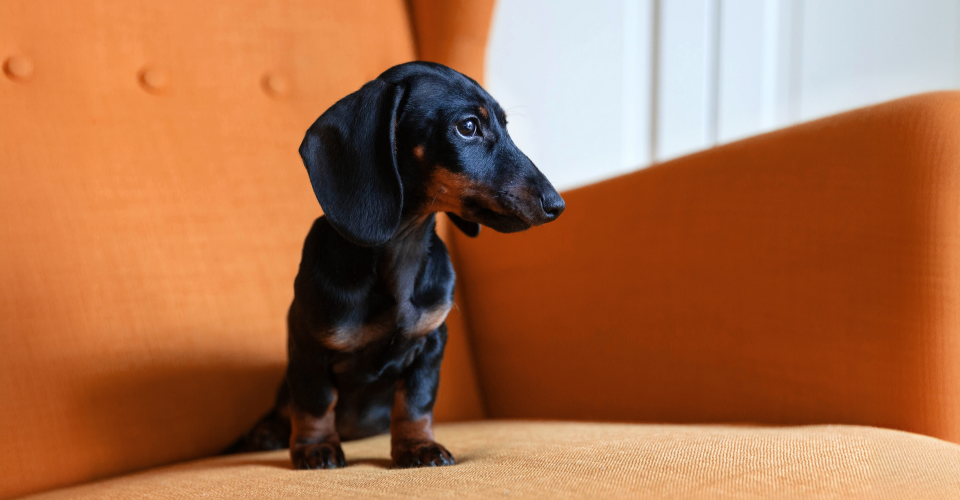What to Expect When a Dachshund Joins the Family
The Dachshund has earned superstar status in the canine kingdom. Known for their iconic long-backed bodies, short legs, and big personalities, Dachshunds are truly distinctive and beloved members of the purebred dog world.
History and Characteristics
Dachshunds were bred in Germany hundreds of years ago to hunt badgers. Dach means badger, and hund means dog. Their short, strong legs were perfect for digging out prey and navigating burrows. Larger Dachshunds chased deer and foxes, while smaller ones hunted hares and ferrets. Today, they are primarily beloved family pets.
Dachshunds come in two sizes and three coat types, offering a delightful array of choices for dog lovers.
Sizes:
- Standard
Typically weighing between 7 and 14 kg.
- Miniature
Weighing 5 kg or under.
Coat Types:
- Smooth-Coated
Easy to care for with minimal grooming needs.
- Wirehaired
Requires regular grooming.
- Longhaired
Needs daily brushing to keep the coat tangle-free.
Care Guide
- Health: Dachshunds are generally a healthy breed, living about 12 to 16 years with proper care. Due to their long backs, special care is necessary to prevent disk problems, including managing their weight and limiting their ability to jump on and off furniture.
- Grooming: Dachshunds are moderate shedders, relatively clean, and have little or no body odour. Their grooming needs vary with coat type, but all Dachshunds benefit from regular nail trimming and ear cleaning to prevent infections.
- Exercise: Regular exercise is crucial for Dachshunds. Daily walks of moderate length help them stay fit and build strong muscles to support their backs. Despite their small size, they should not be underestimated. They need more than just indoor play to stay healthy.
- Training: Training a Dachshund can be challenging due to their intelligence and independent streak. They respond best to positive, reward-based training methods and do not react well to harsh commands or punishment. Patience and consistency are essential.
- Nutrition: To avoid straining their backs, it's crucial to prevent Dachshunds from becoming overweight. Feed them only the recommended amount of high-quality dog food and be cautious with treats and table scraps. Their keen noses can get them into trouble, so keep food out of their reach.
Living with a Dachshund
Be prepared for a Dachshund’s instinctual behaviours such as digging and barking, and the potential for destructiveness. Despite their small size, they are known for their courageous nature, often taking on animals much larger than themselves. As family pets, they are loyal companions and excellent watchdogs.


